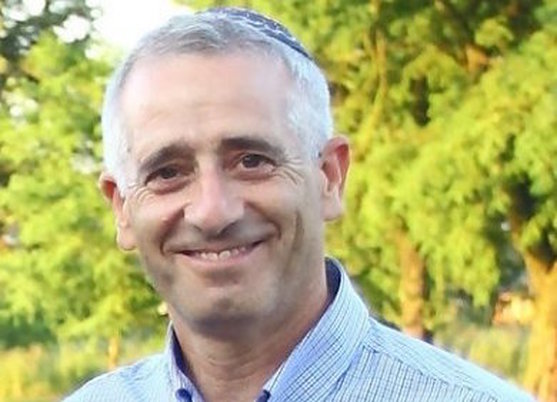Two Israeli firms have formed a cannabis-focused accelerator to support development of leading-edge initiatives in the burgeoning medical cannabis industry. “We see big opportunities in developing all kinds of new technologies and applications for both medical marijuana and hemp-based health products,” said Yossi Bornstein, Chairman and CEO of Shizim, a Tel Aviv-based biomed holding group.
Shizim has partnered with Seach, the operator of an Israeli cannabis farm, to offer a wide range of services backing entrepreneurs in the development of everything from new medical marijuana and hemp strains to processing and drug delivery technologies.
“There’s clearly a gap when it comes to standards for the medical cannabis industry — and that means standards for everything from the seeds and plants themselves to the kinds of technology used to generate the final products,” Bornstein said. “We want to help establish the highest standards at every step of the process.”
That’s key in an industry in which the processed yield from 0.3 hectares (about 2 acres) of cannabis can bring as much as $23 million (about EU 21 million) over the first four years. Meanwhile, some industry observers peg the combined global hemp- and pot-based medicine market at $120 billion annually as it now exists.
“When people see those figures they want to get as much of the crop in the ground as fast as they can,” Bornstein said. “But those kinds of companies will be out of business as soon as real standards are set. We’ve got a longer term outlook, and we believe in doing things right from the very beginning,” he added. “This won’t be done overnight.”
The Shizim-Seach partnership would seem well-positioned to be a leader in setting such standards. Shizim already has proven its ability to fuel cutting edge medical device startups through ShizimXL, an accelerator that operates under the group’s core biomed business. Other units of the broader Shizim holding concentrate on such things as R&D, clinical research and regulatory affairs and include a suite of business development services — all of which are designed to support business initiatives via the Shizim-Seach accelerator, Bornstein said.
Seach, on the other hand, is one of few authorized medical hemp growers in Israel. Operating on a family farm with a 50-year track record, the firm first earned Israeli agriculture ministry approval to grow medicinal hemp strains in 2008. Its crops, tightly controlled for quality and grown indoors, are used in a wide range of medicines for pain and to treat various illnesses.
Worldwide, Bornstein sees the North American markets developing most rapidly despite continuing resistance to federal legislative changes in the United States that would knock cannabis off the Federal Drug Administration’s list of banned narcotics. Nonetheless 23 states and the District of Columbia already have legalized cannabis for medical use and seven more have such legislation pending — clearly reflecting an urge at the state level to establish the industry — while the Obama administration has turned a blind eye to those initiatives.
“But the floodgates won’t open for medicinal cannabis until Congress acts to lift the FDA ban,” Bornstein said.
Meanwhile the Canadian government has already invested $1.3 billion to professionalize the country’s medical cannabis industry by establishing certification standards for controlled large-scale indoor farms dedicated to medicinal strains — wiping out what until recent years was essentially a loosely-regulated cottage industry.

